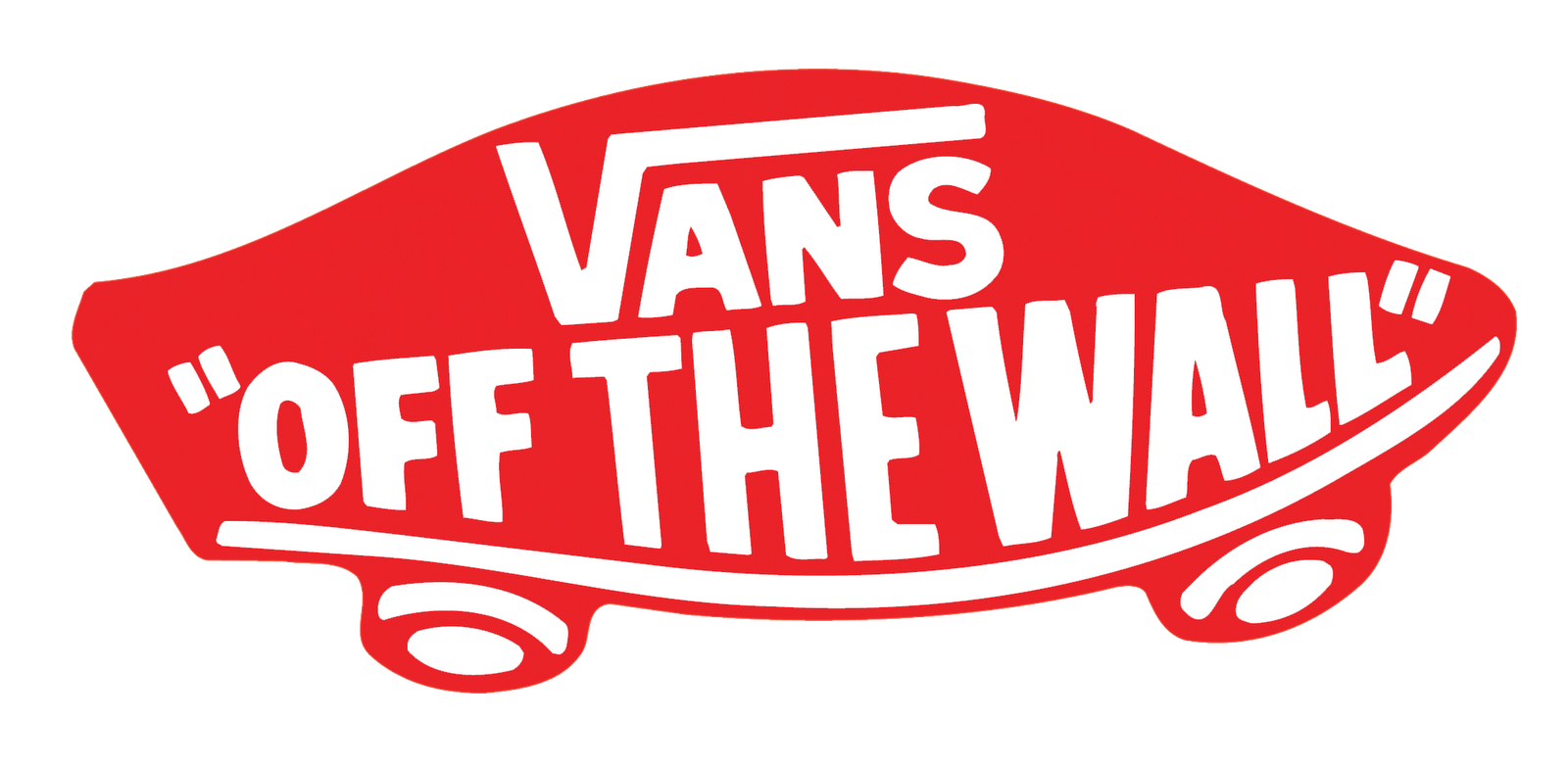This Thorough Handbook to Conducting a Comprehensive Van Inspection
When it comes to purchasing a vehicle, performing a thorough van check is an important step that can save you hours, expenses, and a lot of worry. Numerous potential buyers overlook this crucial step, which can lead to unexpected issues down the line. From verifying any finance to checking previous accidents, a thorough van check can provide you with the insights you need to make an informed decision.

In this guide, we will explore the various elements of conducting a van check, including how to check van information, evaluate van value, and carry out a van history inspection. If you're interested in check my van for specific information or need to conduct a van registration check, our detailed overview will equip you with the necessary tools and knowledge to ensure you don't fall victim to potential scams or purchase a vehicle with hidden issues.
Comprehending Van Inspections
A vehicle inspection is an important process for anyone thinking about the buying or utilization of a vehicle. This assessment provides important data about the vehicle's history, condition, and legal status. When you assess a van, you can uncover key information like former proprietors, any unresolved debts, and whether the van has been marked as stolen. This aids prospective buyers make wise selections and prevent complications later on.
One of the central parts of a complete van assessment is the van reg check, which discloses details associated with the vehicle registration number. By inputting the license plate into a verification service, you can obtain a wealth of information, including the van's specifications, mileage history, and past accidents. This registration check is essential to ensure that the van you are considering is genuine and hasn’t been subject to any legal disputes.
Additionally, vehicle history assessments can be executed for free in some instances, allowing potential buyers to review the vehicle's history without being charged any costs. A vehicle history report not only highlights any previous problems but also aids in establishing the van's current value. Doing a thorough inspection on your intended buy ensures you are cognizant of all important considerations, ultimately achieving a less risky and safer acquisition.
Conducting a Detailed Van Check
Completing a comprehensive van check is crucial for those thinking about a purchase or seeking to ensure the security and dependability of a van they own. Start by collecting necessary details such as the registration number and the VIN. MotorHype enables you to use online tools to conduct a van check for registration and a van check for history. These verifications will uncover any outstanding finance, whether the van has been part of accidents, or if it has been listed as missing.
Subsequently, checking the van’s specifications is vital. You should check the make, type, year of manufacture, engine size, and other important details. This can often be done through a quick check of the van details by registration number or number plate. Knowing the precise specifications will help you comprehend what to expect in terms of capabilities and maintenance. Additionally, cross-referencing the van's details with official sources can help validate its legitimacy and avoid possible scams.
In conclusion, don't overlook to conduct a valuation check to ensure you are paying a just price. A van valuation assessment can give understanding into the value of the vehicle based on its age, condition, and usage history history. Many online services offer a van report on history and mileage history checks to evaluate if the van has been driven too much. This data is important as it helps to gauge the van's reliability and future maintenance needs, ensuring you make a well-informed decision.
Interpreting Vehicle Check Results
When you receive the findings from a van check, the initial step is to carefully review the overall condition and background of the van. Look for any warning signs, such as a history of collisions, repairs, or past insurance claims. Any discrepancies in the van’s specifications, mileage, or ownership history should be noted, as these can affect its reliability and worth. A thorough vehicle check report will typically emphasize these areas, making it simpler to identify potential issues.
Next, focus on the details of the van registration check and whether the information match the data provided by the seller. Ensure that the registration number corresponds with the details in the report, including the manufacturer, model, and age of the vehicle. Inconsistent information can hint at more severe problems, such as a theft van or a vehicle with a concealed history. Validating this data is essential in making an informed decision about the purchase.
Finally, evaluate how the van valuation check aligns with the market prices for comparable vans. If the reported value is significantly decreased or increased than average, investigate why that might be the situation. Considerations like geography, state, and mileage will also play a role in this assessment. Always use this analysis and the information from the vehicle check record to negotiate wisely or to walk away from a deal that does not meet your standards.